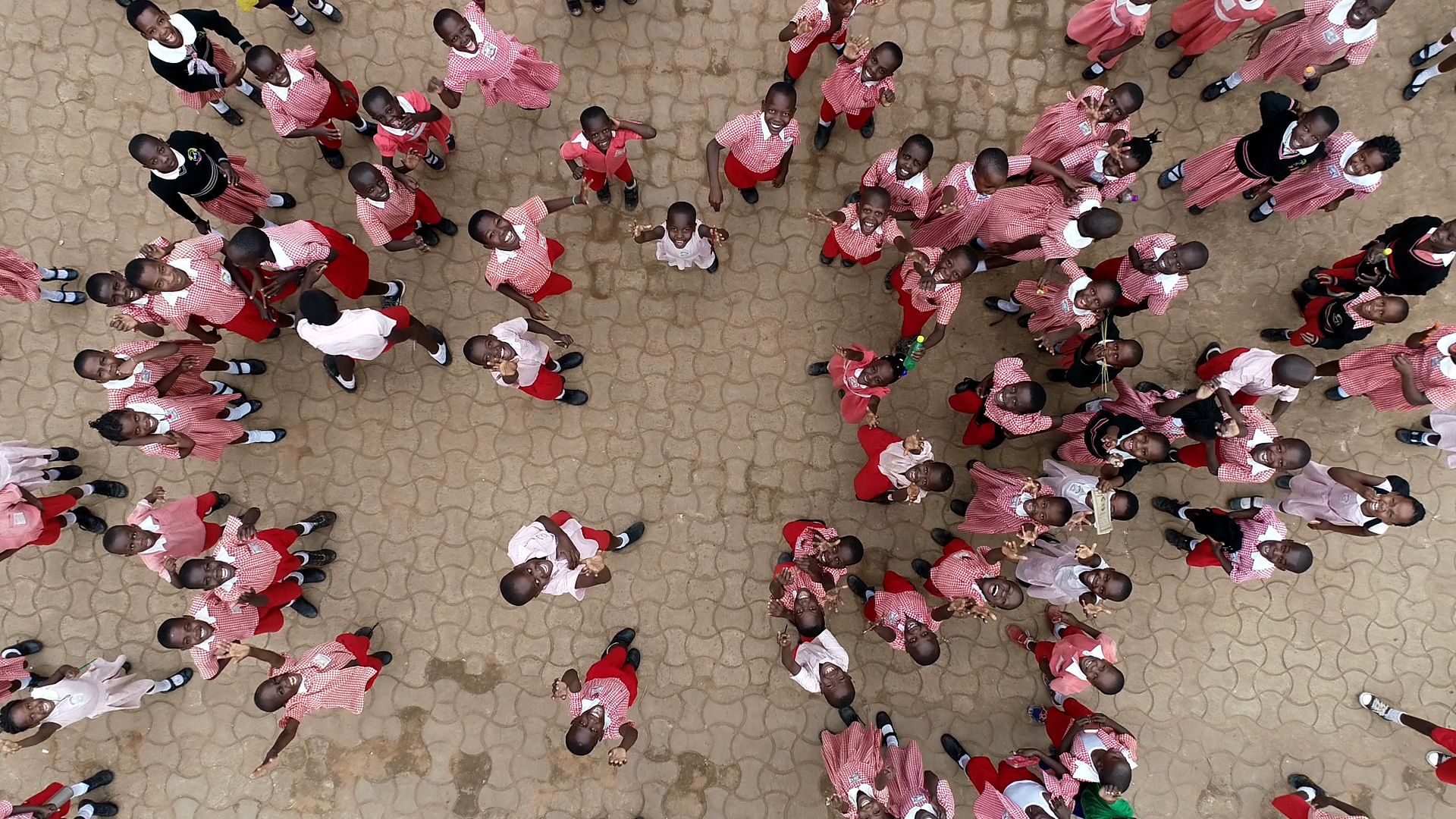Teacher training
In Mali, future teachers have to pass a comparative exam (concours) which assesses a number of aptitudes and competences. Once selected, you follow a general programme for teaching the 1st -6th form (généralité), but it is also possible to develop a specific expertise (spécialité) for the 7th, 8th and 9th form, either in language and arts, history and geography, maths and sciences or biology and sciences.
The regular curriculum includes one year of courses on children’s rights. Although this seems a good starting point, in reality the courses only offer rudimentary and theoretical knowledge on rights, legislation and conventions. “Teachers learn about some concepts, but when it comes for example to the right to education and the national laws on compulsory education or against child labour, they do not dive deeper into the links between them. Or learn the difference between child labour and helping out at home (child work), not standing in the way of education”, says Soumeila H. Maiga from the teachers’ union SNEC.
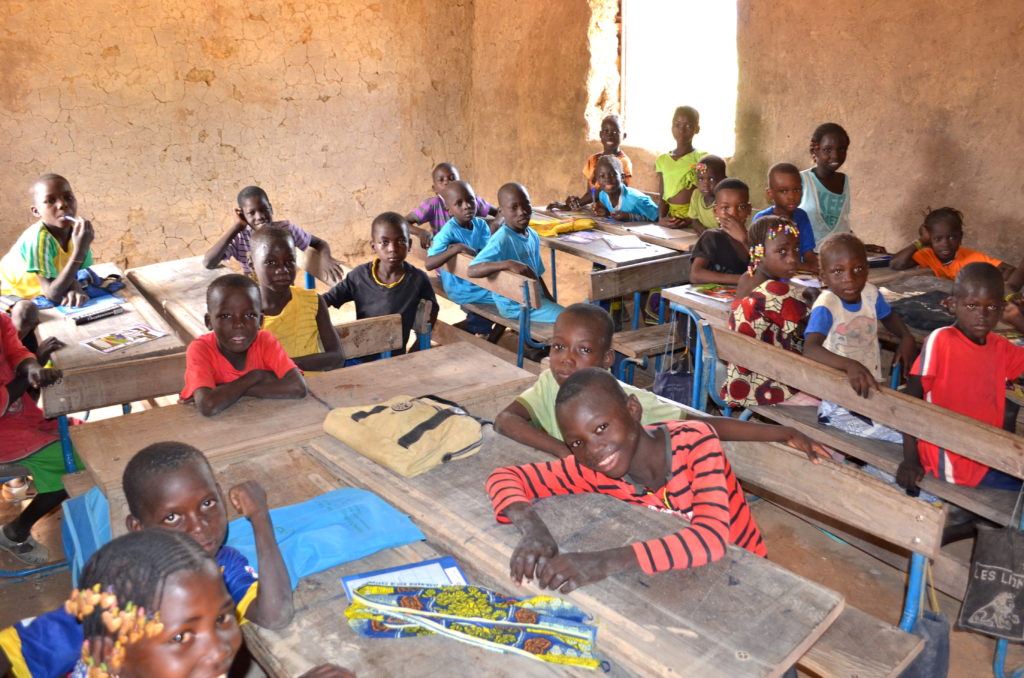
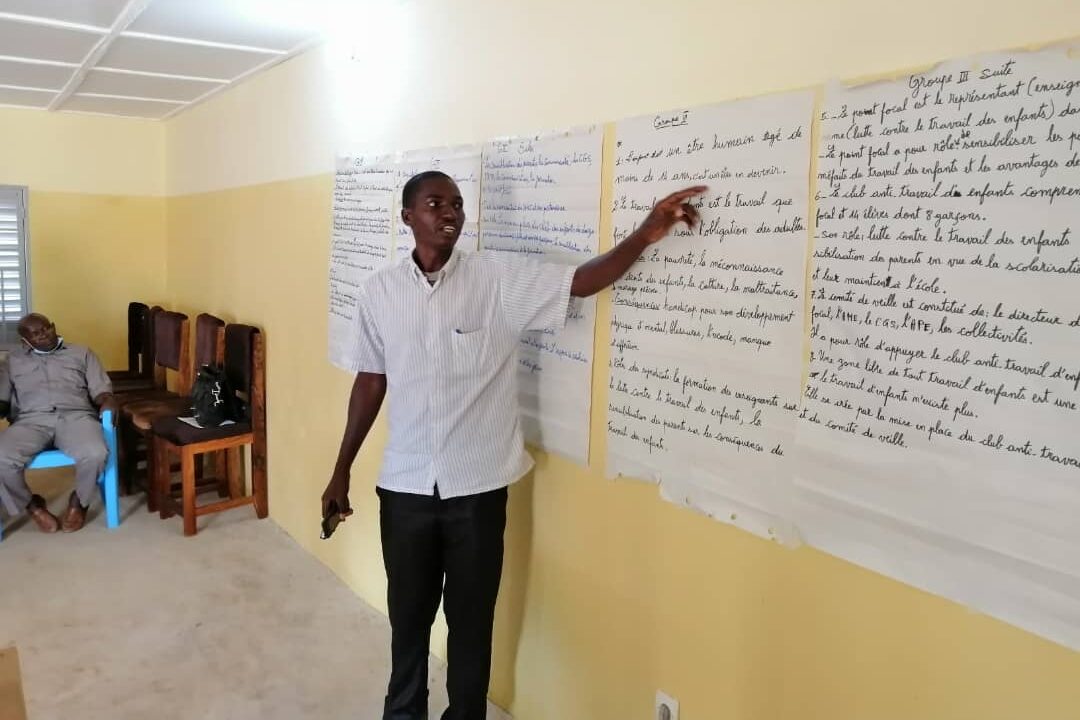
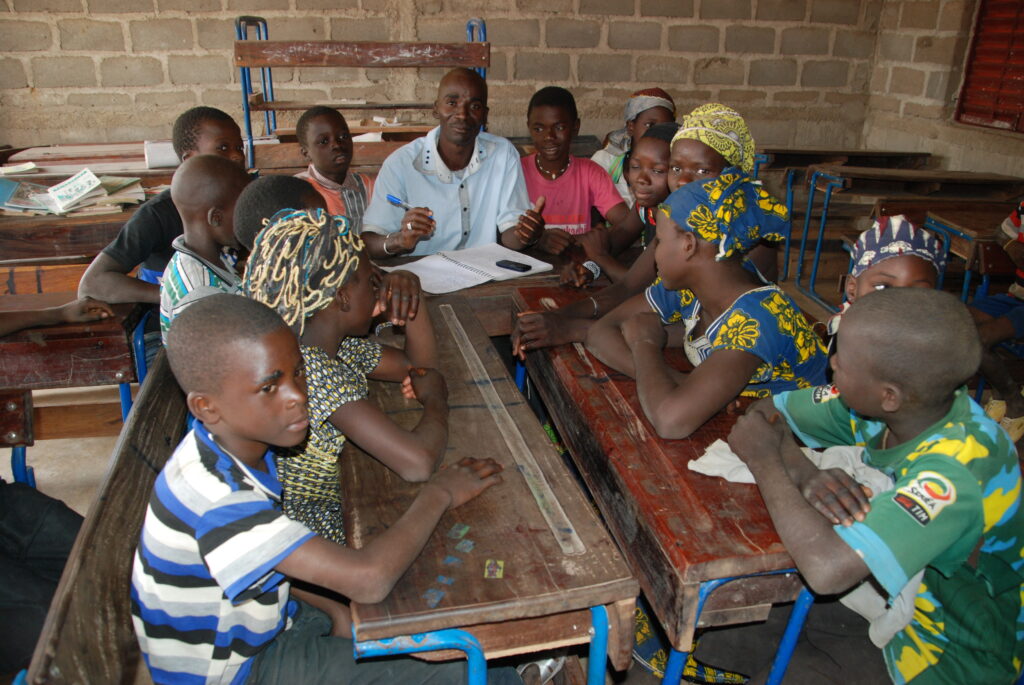
Professional Development
Formally, the state is responsible for the initial training of teachers as well as for their Continuous Professional Development (CPD). What they offer however as CPD, is not much. Education Union SNEC offers the CPD – within national framework requirements- teachers long for. It gives the SNEC not only the opportunity to be in regular contact with teachers, and offer them opportunities to improve their performance, it also brings the opportunity to include topics as child labour or school drop out in the courses they offer. Teachers – the courses are open to all, not just to their members – can thus upgrade their teaching skills by learning to use more interactive and child friendly teaching methods, making lessons more attractive for learners, or by competence-based learning. A specific competence they can acquire, is better skills to communicate with adults. “This is of great help for them in discussing with parents, local leaders or local organisations”, says Soumaila H. Maiga. Another topic within the CPD is child labour, where the teachers are not only invited to dive further into the concept of child labour, and learn more about national laws and international conventions, but also learn about developing Child Labour Free Zones, the benefits of Social Dialogue, linking to child protection organisations, organizing school clubs and involving the community. “Teachers are becoming agents of awareness raising and of change” according to H. Maiga.
Bridge classes
An interesting issue in Mali is that also the training of educators (animateurs) for the bridge classes (classes passerelles), for children taken out of work and preparing for re-entry in regular education, is a state issue and part of the national education system. Future educators are recruited by the state for Pedagogical Animation Centres (Centres d’Animation Pédagogique), trained within the formal education framework and supervised by the teachers from the centre. Their training is more limited than the training for formal teachers, but still includes subjects as reading, writing, maths, and pedagogical and didactical approaches. Many of these animateurs take steps later to become formal teachers. Most of them first become community teachers (not yet fully qualified, receiving an allowance from the state, and remunerated in part by the community, with food or housing). They can follow supplementary courses with the Centre d’Animation Pédagogique and get supervision during this training period. After which they make the step to be integrated into the official regular public education system, although salary differences still remain. A smaller number of them later present themselves for the exams (concours) to be a regular teacher.
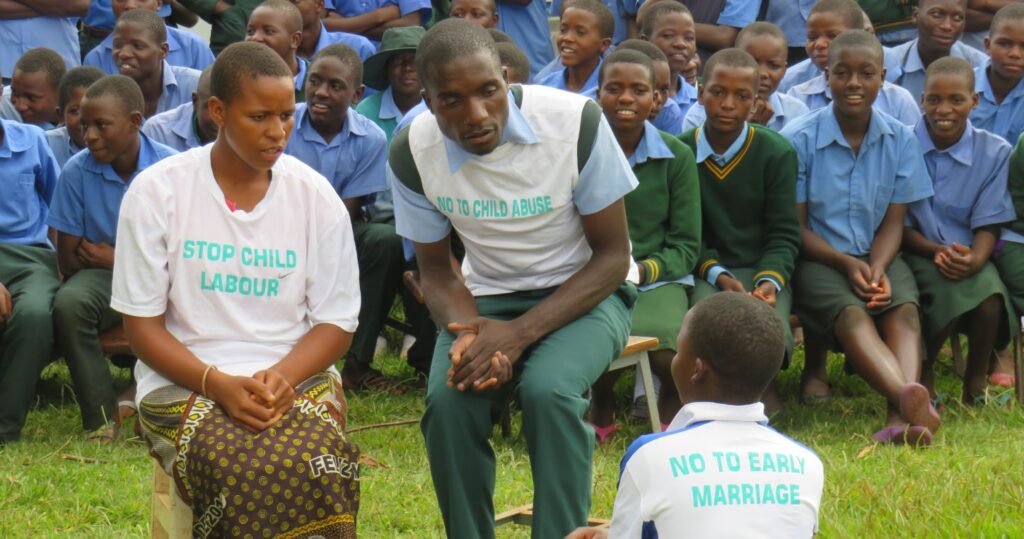
Read the testimony from Tiecoura Bagayoko, a 58-year-old Malian teacher at Faradje Bamaro school. He is an inspiring example of the commitment and key role played by teachers and their unions to ensure that children go to and stay in school, not at work.
Read the story at:
https://www.ei-ie.org/en/item/27695:eradicating-child-labour-and-getting-children-back-into-school-a-fight-waged-by-teachers-and-their-unions-around-the-world
The union has successfully lobbied with the authorities to help them into the formal system without having to compete through the national exams (concours). The State of Mali has now accepted that 600 community teachers per year can skip the exams, by recognizing their competences in another way.
The link between both entry ways into teaching has a positive impact on the struggle against school drop out and child labour, as bridge class animateurs can follow the CPD courses provided by SNEC alongside regular teachers.

